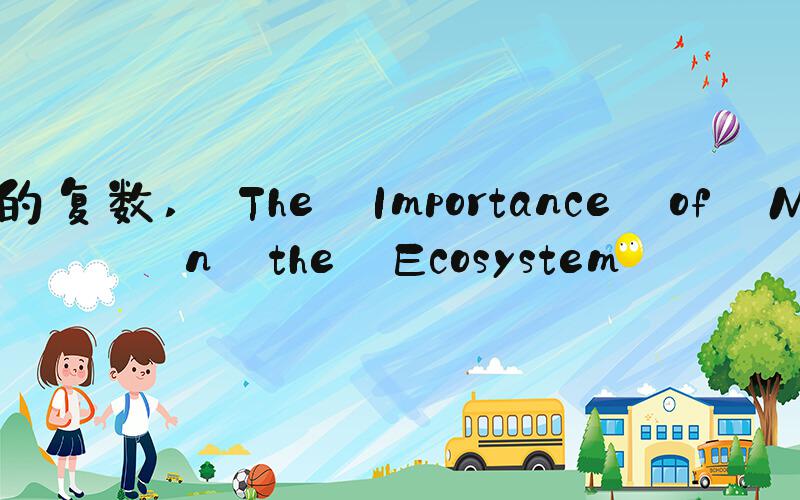AI答案
 Mice: The Small Creatures that Make a Big Impact
Mice: The Small Creatures that Make a Big ImpactMice are small, furry creatures that can be found all over the world. They are known for their quick movements and tiny size, as well as their habit of scurrying around at night. While they may seem like insignificant critters, mice actually play a significant role in the ecosystem and affect many aspects of our lives.
The Importance of Mice in the EcosystemAlthough mice are often considered pests, they serve an important role in the food chain. Many predators, such as owls, foxes, and snakes, rely on mice as a food source. In fact, some predators rely on mice so heavily that they could not survive without them.
In addition, mice help with seed dispersal and soil aeration. As they burrow through the soil, they create tunnels that allow air and water to penetrate deeper into the ground. This helps plants thrive and promotes a healthier ecosystem. Mice also aid in the dispersal of seeds by storing them in their burrows and unintentionally dropping them as they move around.
The Impact of Mice on Human LivesWhile mice may be beneficial to the ecosystem, they can also be a nuisance to humans. They are known for chewing through wires, damaging insulation, and contaminating food. This can result in costly repairs and potential health hazards.
Mice are also carriers of diseases such as Hantavirus, Salmonella, and Lyme disease. These diseases can be transmitted to humans through contact with mouse droppings or urine. In addition, the presence of mice in the home can cause allergies and respiratory issues in sensitive individuals.
Controlling Mouse PopulationsBecause of the potential health hazards and damage that mice can cause, it is important to control their populations. There are several methods for doing so, including exclusion, trapping, and the use of pesticides.
Exclusion involves sealing up any potential entry points to your home, such as cracks or holes in the walls or foundation. This helps prevent mice from entering in the first place. Trapping is another popular method, which involves placing baited traps in areas where mice are likely to frequent. Lastly, the use of pesticides can be effective in controlling mouse populations, but it is important to use them cautiously and according to label directions to avoid harmful exposure to humans or pets.
ConclusionMice may be small, but they play a significant role in our ecosystem and affect many aspects of our lives. While they can be a nuisance and potential health hazard, controlling their populations through exclusion, trapping, or the use of pesticides can help prevent damage to our homes and promote a healthier environment for all creatures, big and small.
